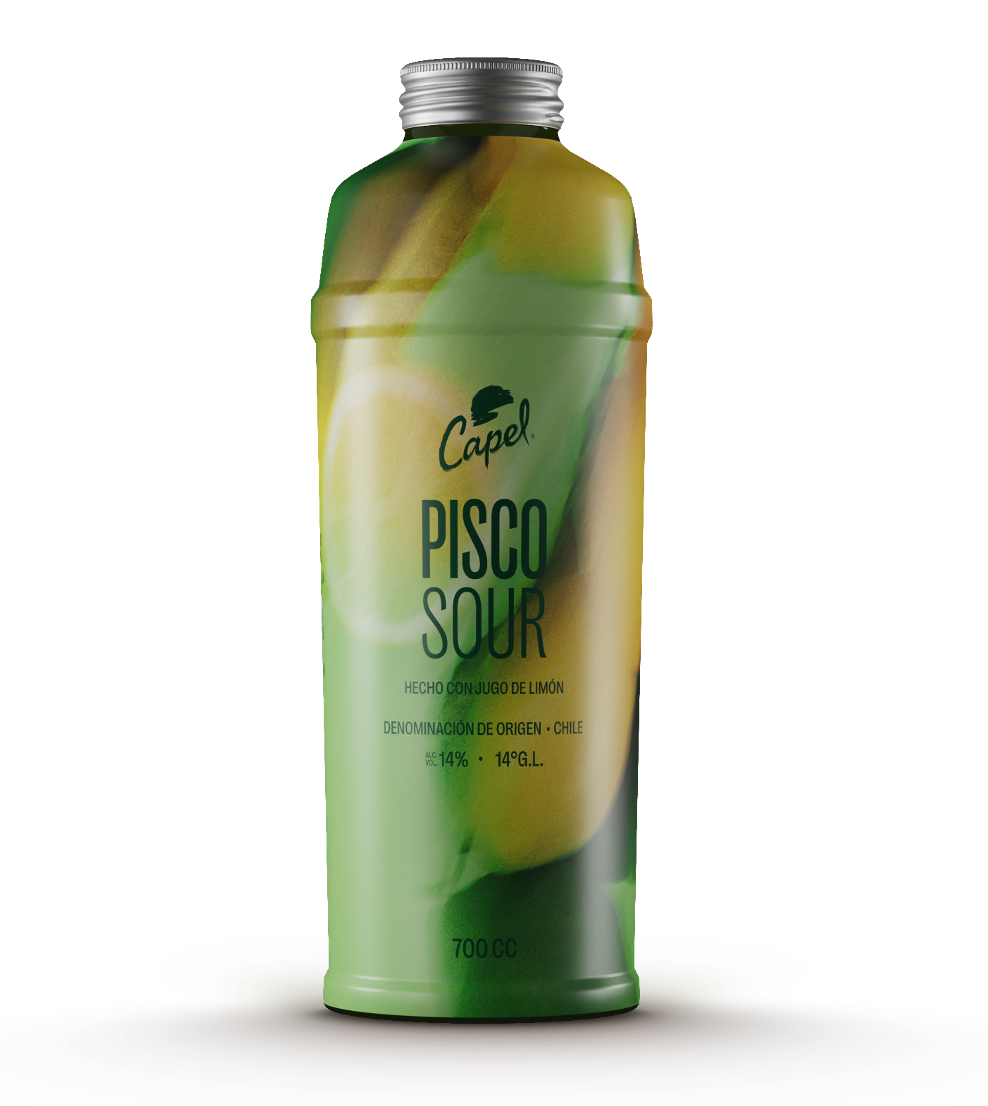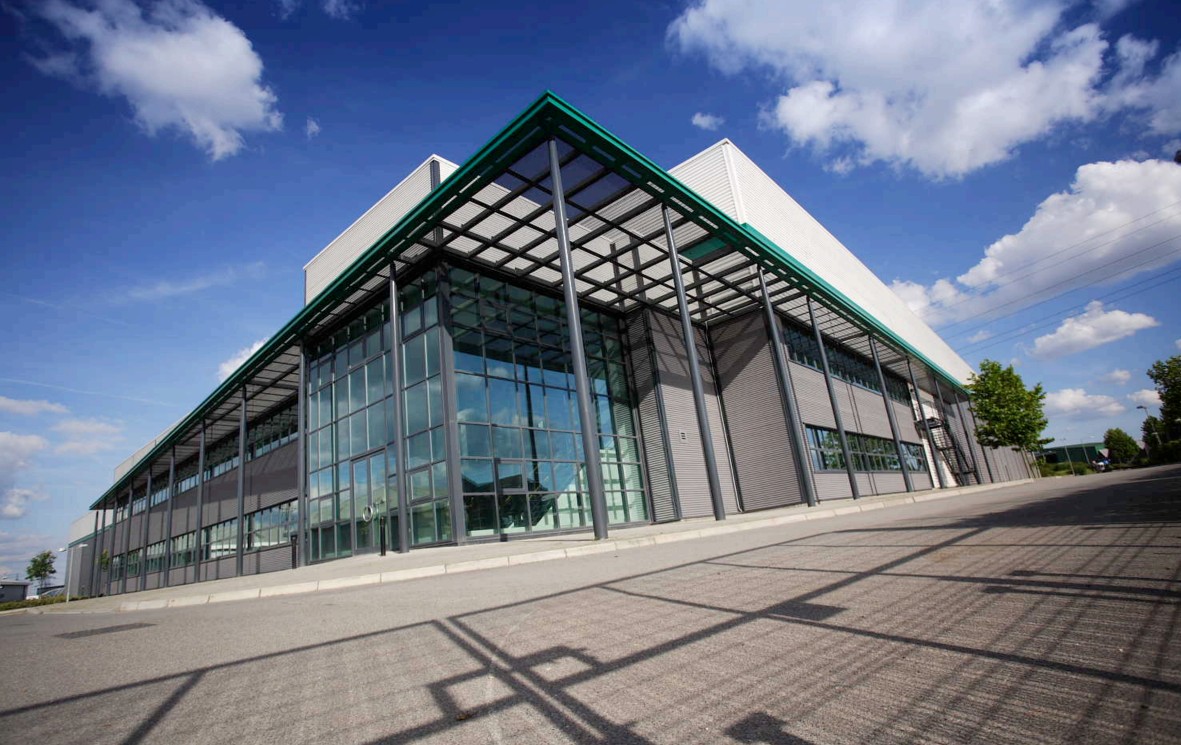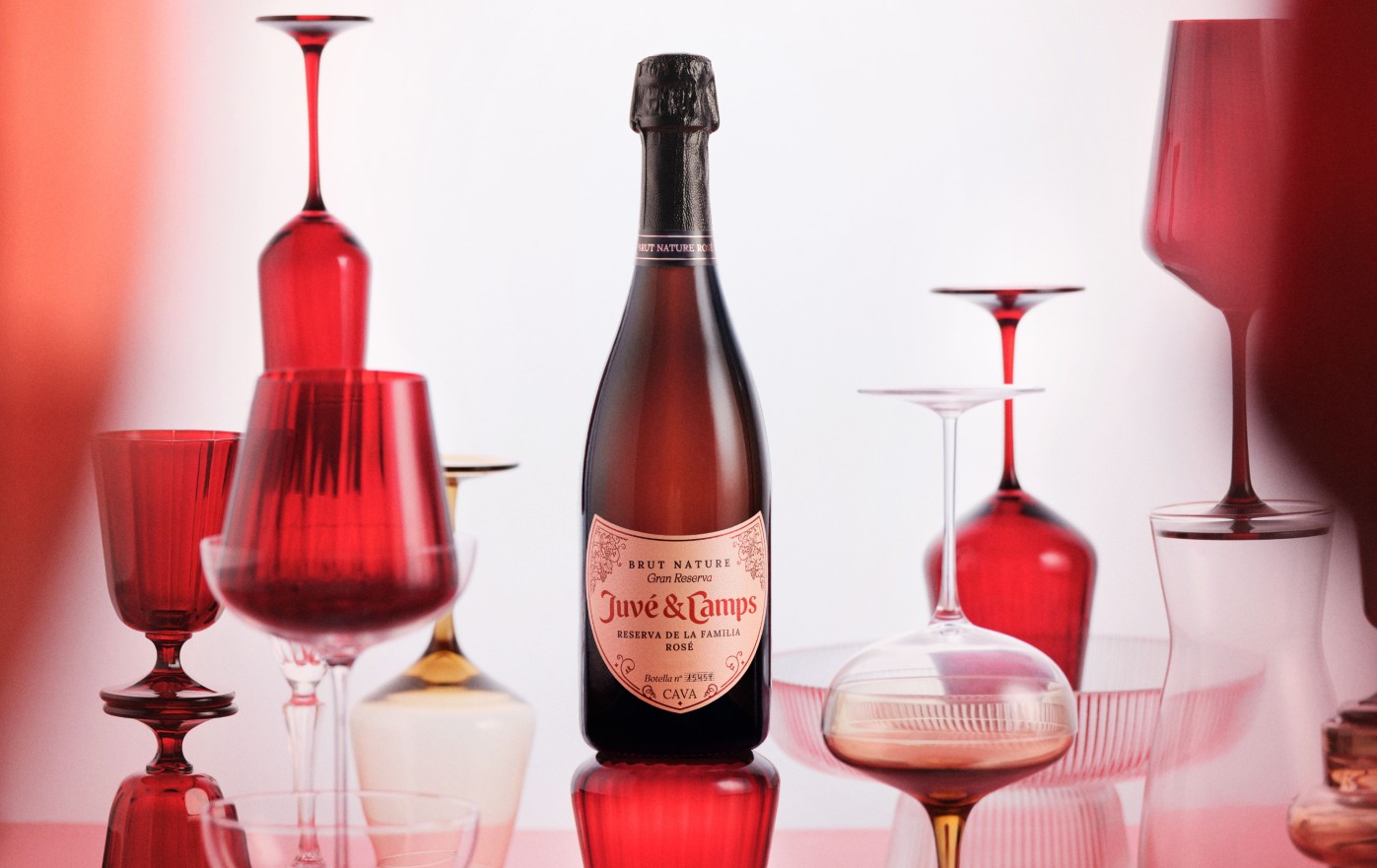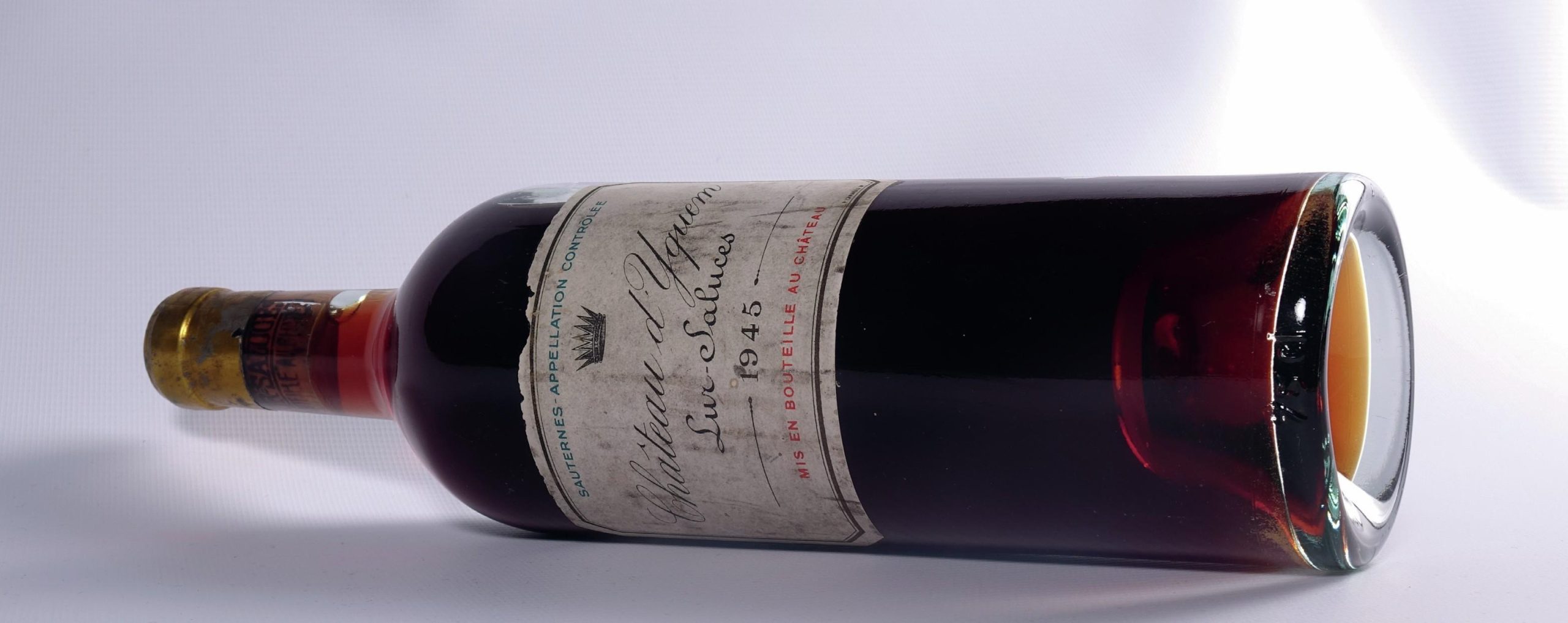London restaurant supplied by its own winery
New Shoreditch Italian Enoteca Pomaio’s wine list features wines not currently sold outside of Italy, including those from its own winery, Podere di Pomaio.
Boasting just fifty covers, the unassuming eatery and wine bar is owned by brothers Marco and Iacapo Rossi, who also own the winery in Tuscany.
At a press dinner last week (2 May), Marco and restaurant manager Luca Degl’Innocenti, voted Tuscany’s top sommelier in 2013, explained that the restaurant works with small-scale wine producers in Tuscany and lists only wines that are biodynamic, organic, sustainable and natural.
The restaurant also works as a sales channel for brothers’ own wine. Marco, told db that London “was where he wanted to be” as it provides an ideal market for his wine.
Enoteca Pomaio sells all of the wines produced at its organic winery in Tuscany including the Clante, a Merlot aged for 9-12 months in oak barriques, the 2013 priced at £83 a bottle. After receiving a high score on a popular Italian wine rating site, the wine has sold well in its motherland.
“It was strange for us,” Marco admitted, “like other Tuscan winegrowers we are known for our Sangiovese and then suddenly our Merlot was getting all the attention.”
Partner Content
A limited number of bottles are produced each year from 1,000 bush vines on the estate, with each bottle numbered by hand.
Also on offer are the Porsenna, the winery’s top Sangiovese (the 2011 priced at £55 and 2012 at £50), as well as the Podere di Pomaio Chianti DOCG (a Sangiovese and Merlot blend, the 2013 is £27 a bottle) Rosantico (a rosé made from Sangiovese, coming in at £28 for the 2014 and £39 for the 2015) and the Pomaio (an easy drinking, unoaked Sangiovese priced at £23).
The wines are produced in the winery’s ‘eco-design cellar,’ conceived by architect Marisa Lo Cigno, who also designed the London restaurant’s interior. The structure is supported by stone recovered from the excavation of ancient Etruscan city walls. Following ‘bio-architecture principles’ it is constructed using reclaimed bricks and other ecological materials such as lime, pozzolana (a volcanic ash deposit), cotto (a type of Italian brick tile) and wood.
The restaurant also supports a range of other producers that share their values, such as Terra de’ Barberi, Casa di Monte and Fattoria di San Leo. These wines are not available outside of Italy and many sell all of their stock directly to the London restaurant.




